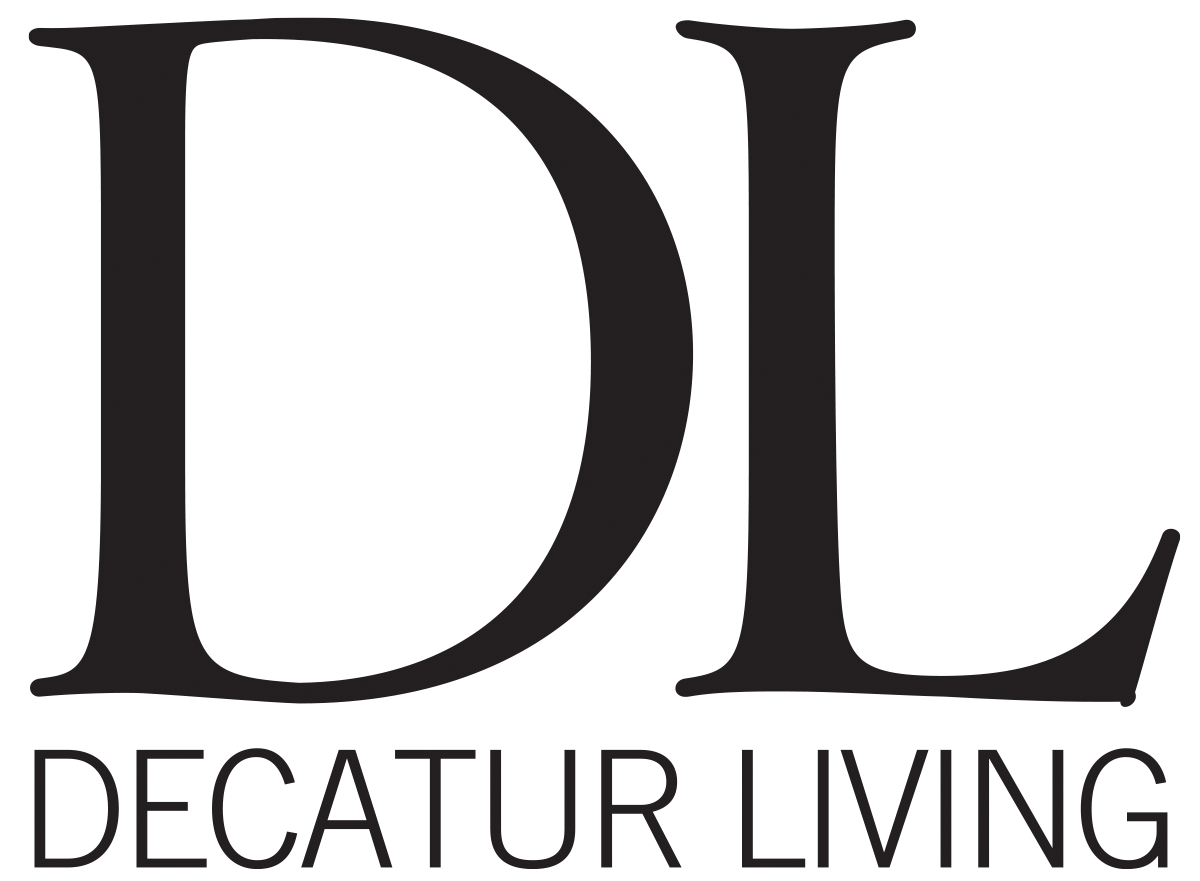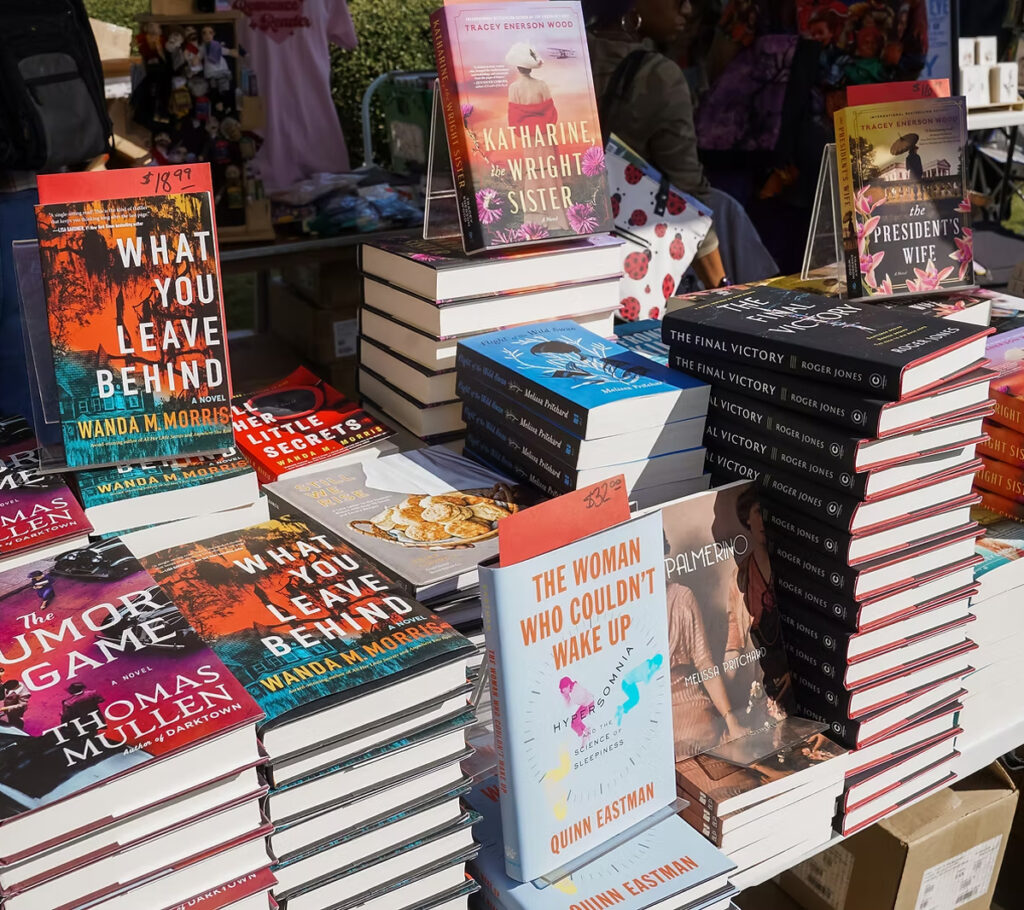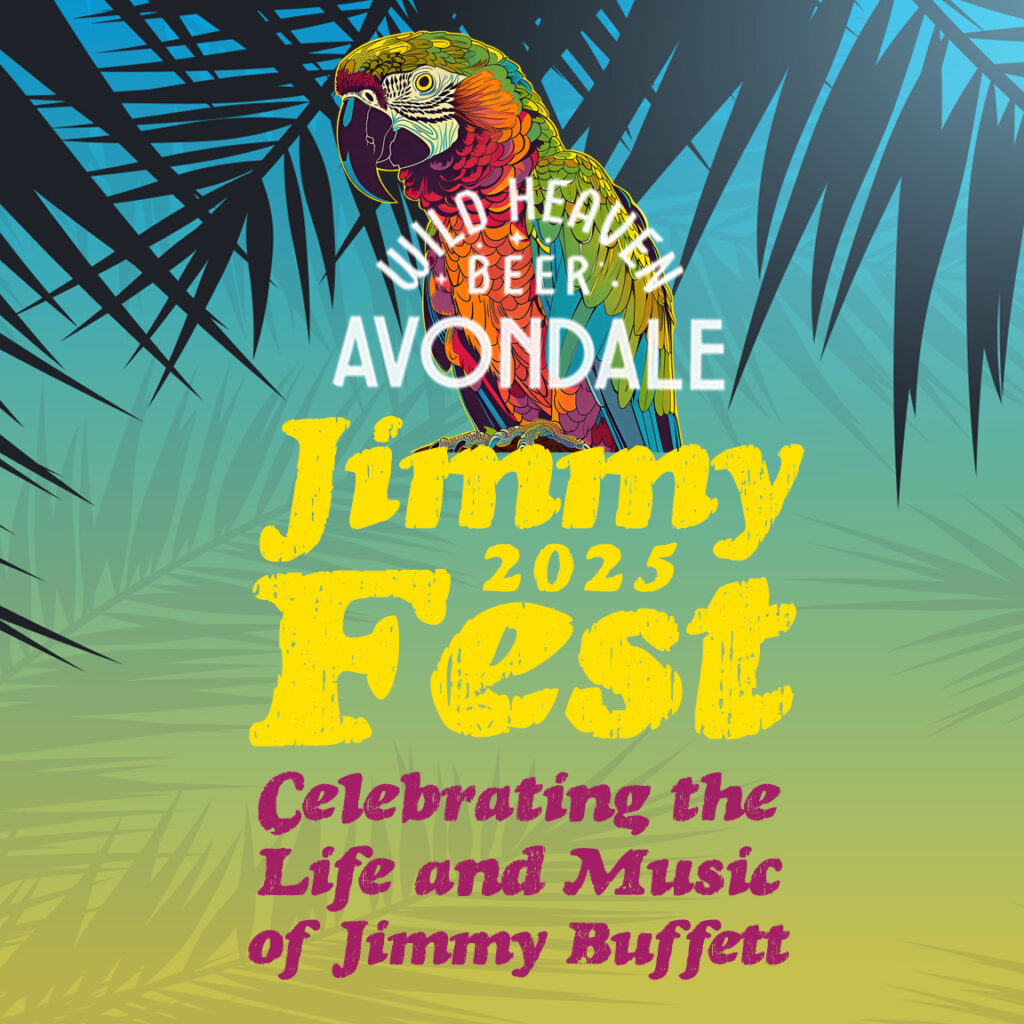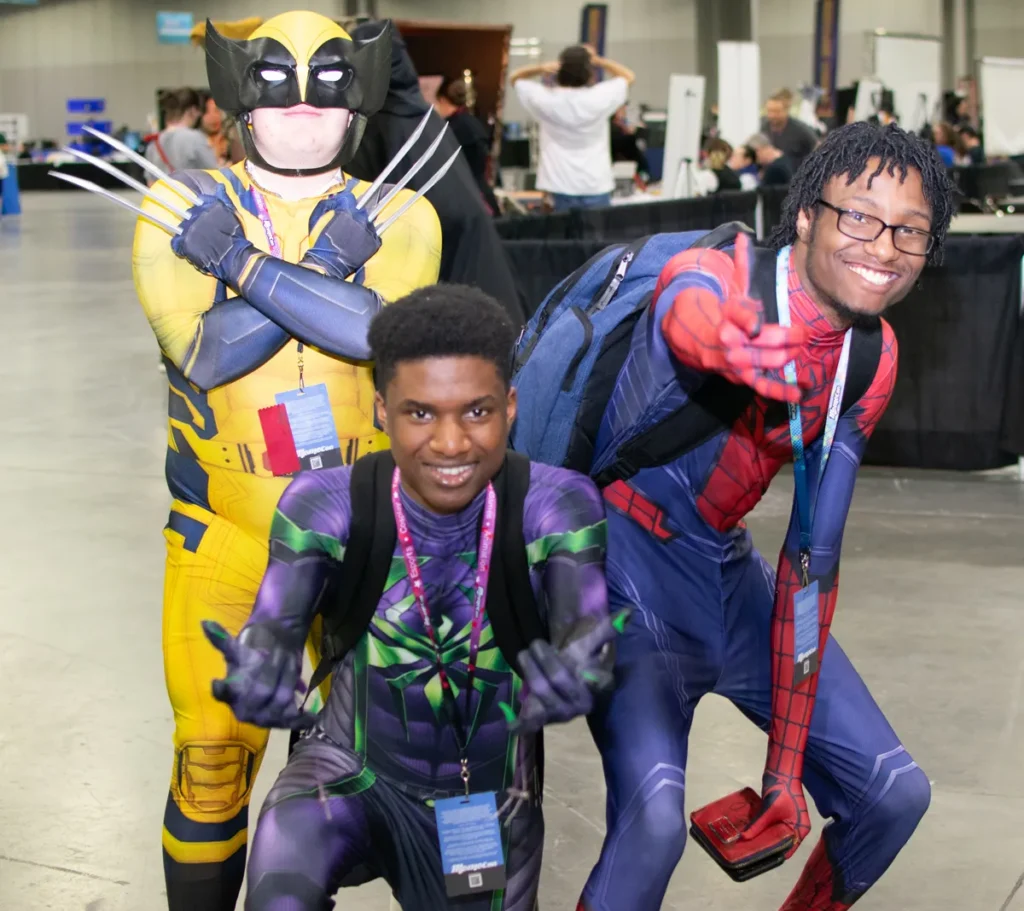Andy Hingley, Co-owner, Eddie’s Attic
Musical legacies, community spirit
Interview by Michael J. Pallerino
 One of the most significant moments was seeing Tyler Childers play our “Open Mic Night.” He’s someone who has gone through the full journey in music—starting out small and now firmly established in many record collections.
One of the most significant moments was seeing Tyler Childers play our “Open Mic Night.” He’s someone who has gone through the full journey in music—starting out small and now firmly established in many record collections.
I will never forget seeing Chris Stapleton and his wife, on our stage, singing “Ain’t No Sunshine,” in the beginning of their journey.
It’s special when you witness that kind of history. You get to see an artist trying to find a stage to play on, and then they’re selling out 10,000- to 12,000-seat venues.
We’ve always been a place where artists can build their careers from the ground up. It’s often harder to sell 100 tickets in a room like ours than it is to sell out larger venues.
You’re asking people to take a chance on someone they’ve never heard of. When an artist sells their first 100 tickets here, it’s a significant achievement. It’s something we share with them.
It’s interesting how things come full circle. Musicians often reach back out to play the room because of our 25-plus year history with artists like John Mayer, Brandi Carlile, Ed Roland, Kristian Bush and Gavin Degraw. Or many stop by to support other musicians they might be supporting or working with.
It is special to be able to work with musicians who are passionate and raw at the beginning of their careers.
We try to make their experiences memorable. It’s exciting to see someone like Luke Combs carry his own gear up the stairs, knowing he had to drive hours and sleep in a van just to play here.
I never felt threatened by the virtual experience, even during the pandemic. The energy of a live performance, the banter and the little imperfections in a small room like ours are irreplaceable.
I think that special connection we have with an artist will always remain, no matter what.
The musicians are who people come to see. The late, great Alex Cooley taught me that. He gave me the opportunity to book the venue here and guided me along the way.
Those extra 10 or 20 minutes after a show are invaluable for an artist in building lasting connections with their audience during the meet and greet moments at the merch table.
The foundation was laid down by original owner Eddie Owen. We’ve been working on incremental improvements ever since.
During the pandemic, a lot of musicians reached out to see if we were OK and if they could help. It was touching, especially since artists were under so much pressure themselves.
The community is important to us. We try to support it whenever we can. Sometimes that means putting on a benefit and donating the profits.
We like to host charity events where local musicians can come together. We’ve seen some truly special moments come out of those, especially partnering with Amplify Decatur.
It’s those personal, direct impacts that stand out. Collective Soul’s Ed Roland has used his Christmas shows to raise money for various causes.
I hope we’re remembered as a place where artists felt welcomed and free to express themselves—a place where both they and our audience can experience a special night in their lives.
I want it to be a timestamp in people’s memories—something they look back on as a defining moment in their lives. I hope we become a part of their history in a meaningful way.







